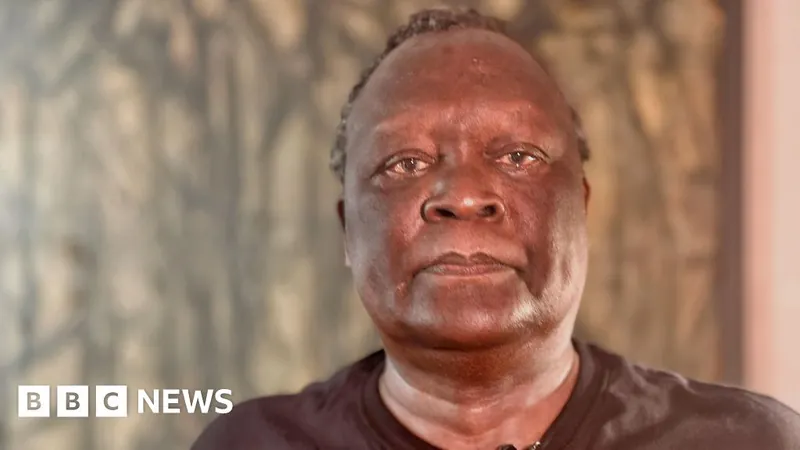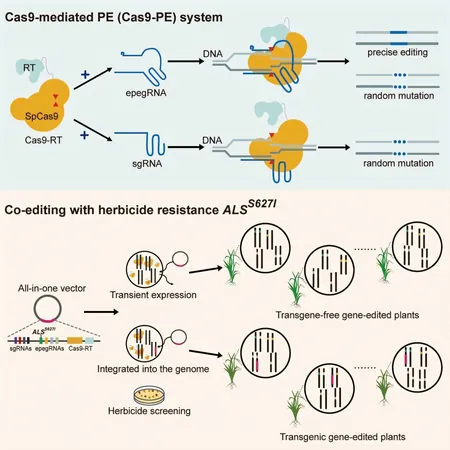
Urgent Call for Black Men to Get Tested for Prostate Cancer: A Life-Saving Message from Survivors
2024-11-18
Author: Wei Ling
In a powerful plea, a local man battling prostate cancer is urging black men to be proactive about their health and seek testing for the disease. Suzgo Nyirenda, an 82-year-old resident of Aylesford, Kent, was diagnosed with prostate cancer in 2017 and has since become an advocate for awareness within the black community.
Mr. Nyirenda emphasizes that many black men may not realize that their ethnicity significantly increases their risk for prostate cancer, alongside age and family health history. He implores others, saying, “Please get examined, especially if you are black. Get the x-rays, get the CT scan, whatever. Get your body looked at.” His personal experience has shown him the critical importance of early detection, stating bluntly, “I would not be alive today if not for the treatment I received at Maidstone Hospital.”
Research indicates that black men have a staggering 25% lifetime risk of being diagnosed with prostate cancer, making it vital for them to prioritize routine screenings. In comparison, Asian men have a one-in-thirteen chance, while white men have a one-in-eight risk. While the reasons for this disparity remain unclear, experts hypothesize that genetic factors may play a role.
Dr. Kathryn Lees, a consultant clinical oncologist at Maidstone and Tunbridge Wells NHS Trust, notes that although black men do not have a higher mortality rate if diagnosed early, they often seek help at more advanced stages of the disease. “Black men are not at greater risk of dying from their prostate cancer if diagnosed at the same stage as others,” she explains, but stresses the implications of late presentations, which can lead to increased complications.
Adding to the urgency, Keith Morgan from Prostate Cancer UK points out that black men with a family history of the disease are at even greater risk. “If you have a father or brother who has had prostate cancer, especially if diagnosed before age 60, your likelihood of developing it increases significantly,” he warns. He further highlights that black men are often diagnosed at younger ages and sometimes with more aggressive forms of the cancer.
The message is clear: “You have to be the CEO of your own health,” Morgan states. Recognizing the data can empower individuals to take ownership of their health risks. For black men, knowing that they have a one in four chance of being affected can encourage proactive measures, potentially saving lives.
In conclusion, as the statistics and expert opinions reflect a concerning trend, it's absolutely crucial for black men to prioritize regular screenings for prostate cancer. Early detection and treatment could be the difference between life and death, and spreading awareness may inspire others to take charge of their health. Don’t wait—act now!



 Brasil (PT)
Brasil (PT)
 Canada (EN)
Canada (EN)
 Chile (ES)
Chile (ES)
 España (ES)
España (ES)
 France (FR)
France (FR)
 Hong Kong (EN)
Hong Kong (EN)
 Italia (IT)
Italia (IT)
 日本 (JA)
日本 (JA)
 Magyarország (HU)
Magyarország (HU)
 Norge (NO)
Norge (NO)
 Polska (PL)
Polska (PL)
 Schweiz (DE)
Schweiz (DE)
 Singapore (EN)
Singapore (EN)
 Sverige (SV)
Sverige (SV)
 Suomi (FI)
Suomi (FI)
 Türkiye (TR)
Türkiye (TR)